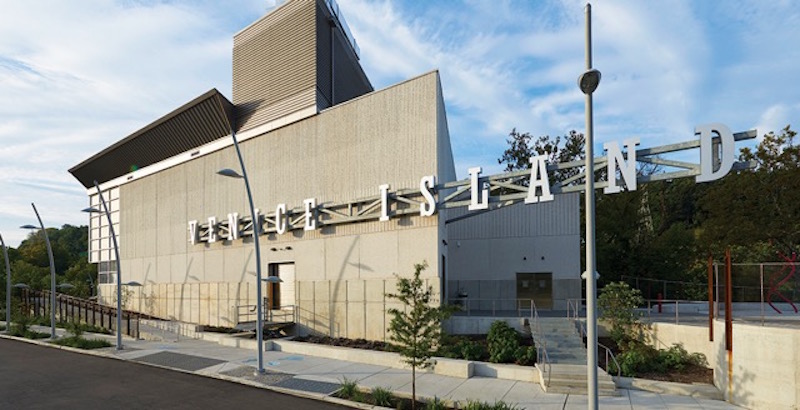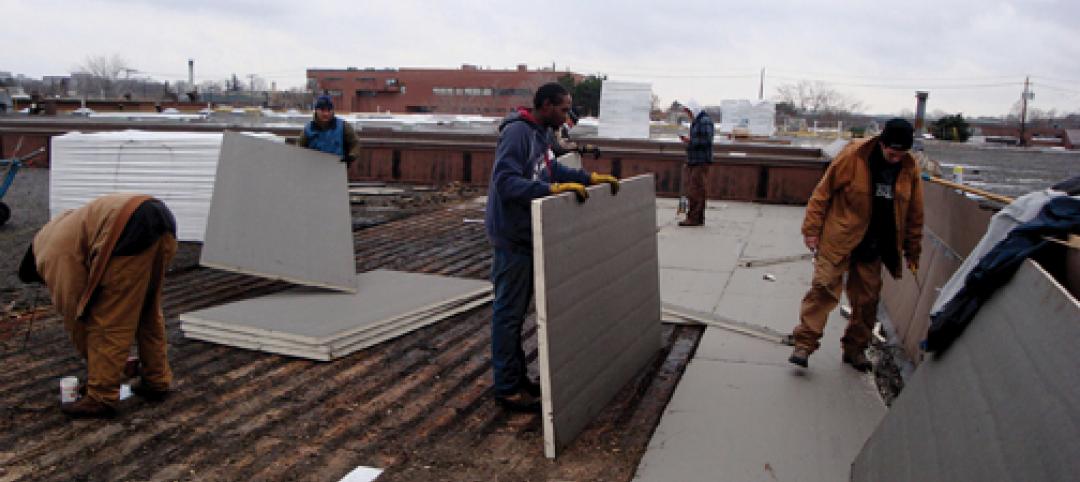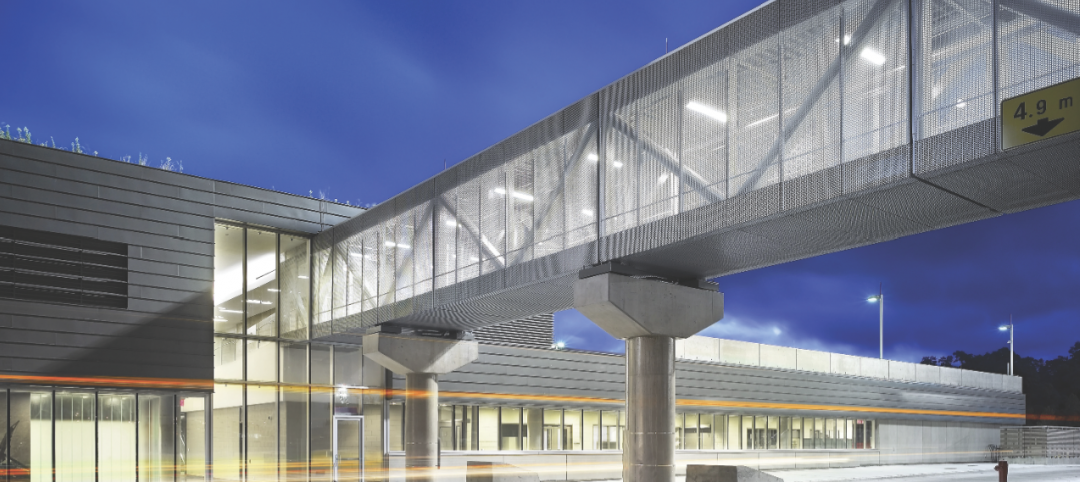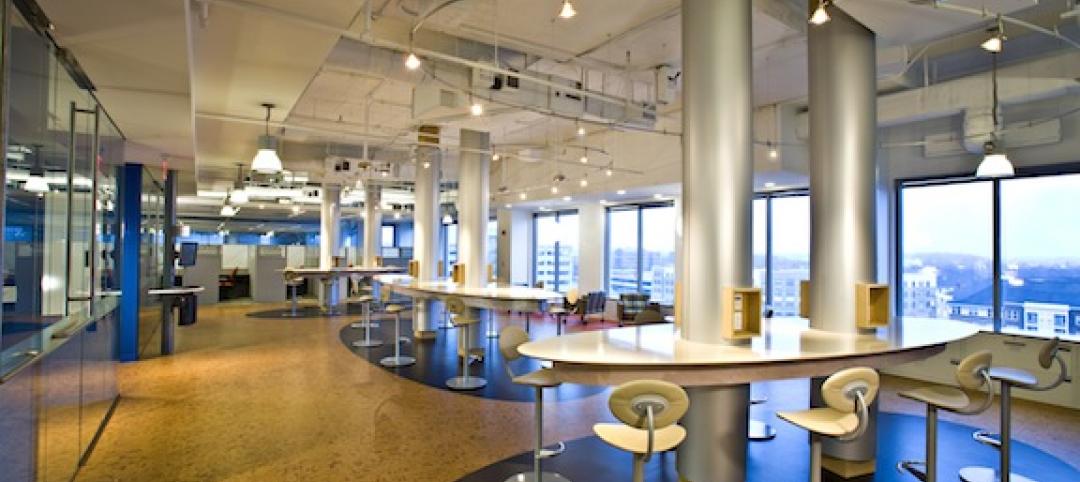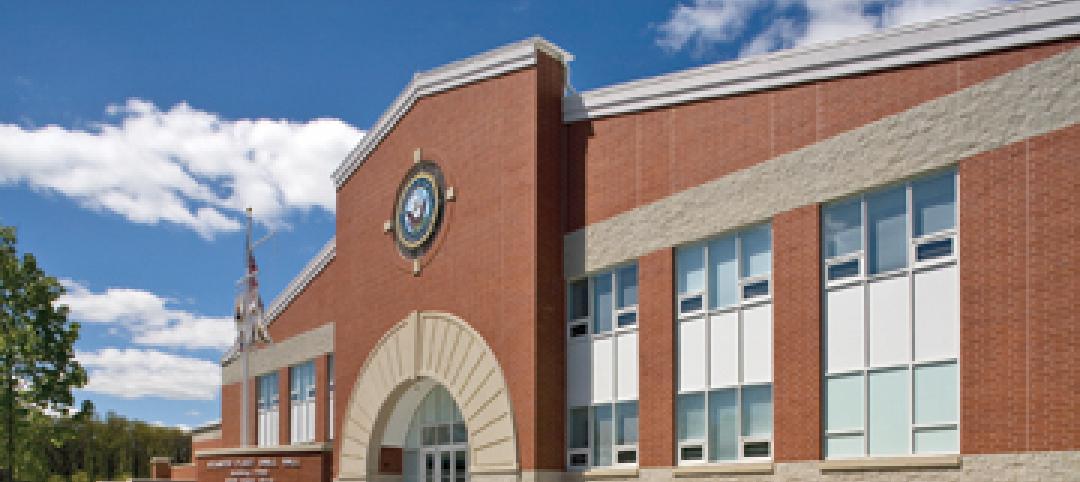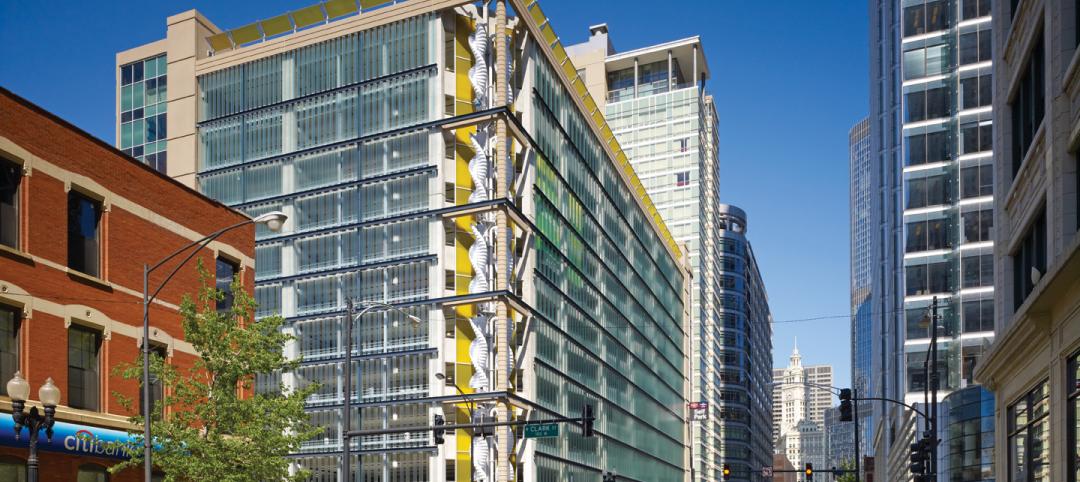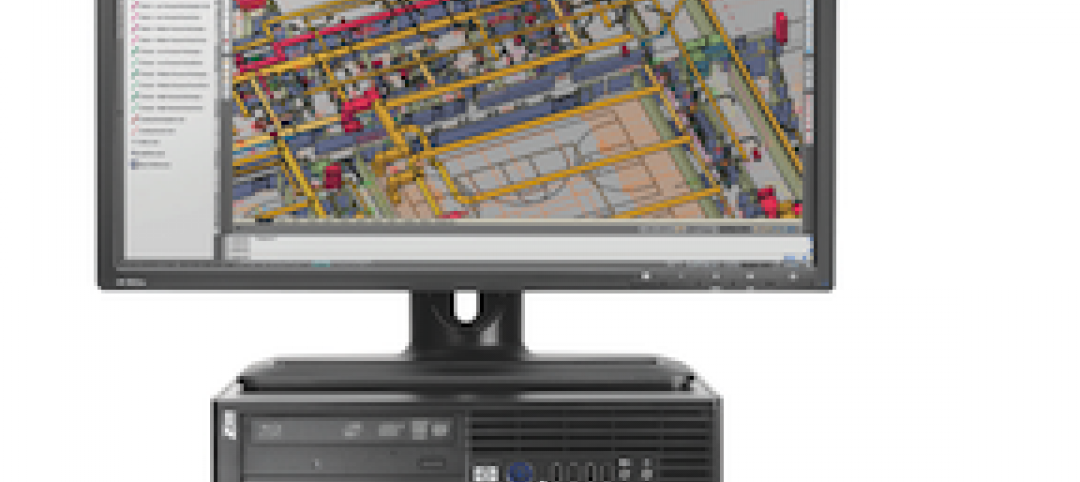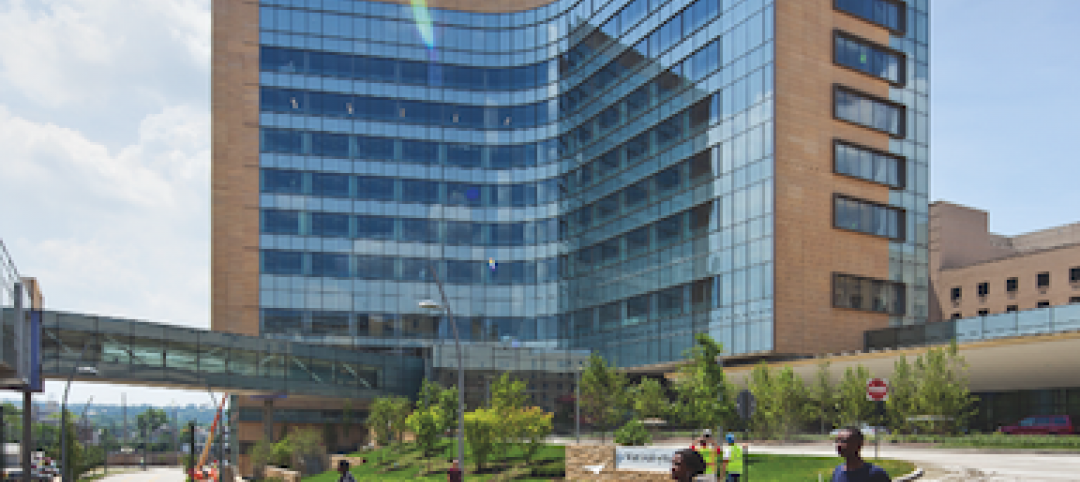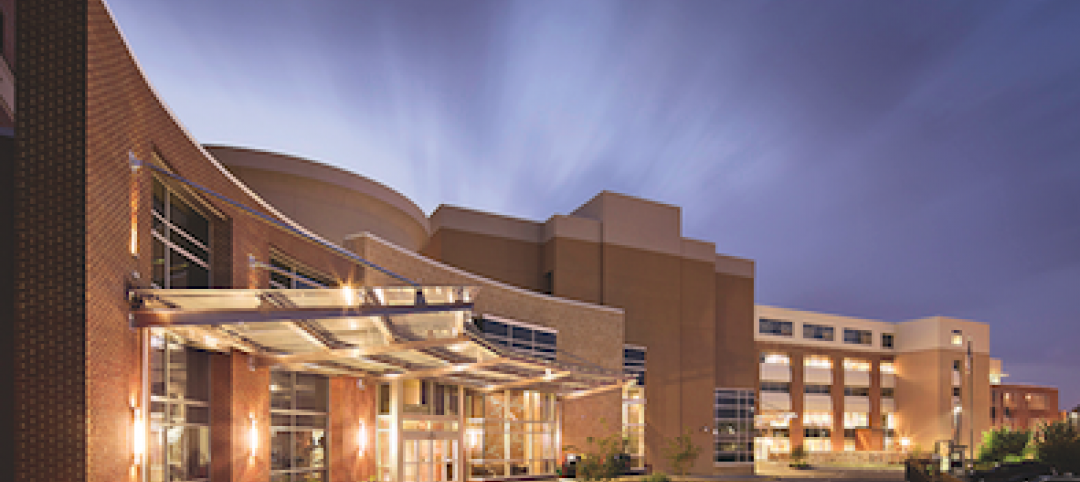From schools to churches, YMCAs to hospitals, ice arenas to community centers or anything in between, the right building can bring people together. Our experience has shown that projects like these share common themes; budgets run tight, and timelines run even tighter.
Both of these criteria put Fabcon precast panels in the sweet spot for these types of projects.
Fabcon Sales Engineer Dick Duckstad has been a part of hundreds of planning meetings. While there’s often a desire to do something flashy, community projects tend to keep an eye on the larger prize—the building’s impact on the people and the community. Duckstad notes, “The mindset eventually becomes, ‘Let’s get real with this. Let’s spend more on panels on the front and be selective in other spots.”
That’s where Fabcon precast panels can help.
“While we’re not a custom precaster like some out there, ours is very much a system. We’re fast, and our panels are really efficient. That makes them a very economical choice,” Duckstad continues.
This can be attributed to the design of the panels and the ease in which they’re delivered to the build site.
“The insulation makes our product lighter so you can get incrementally more on a truck, and that’s where the economies come in,” says Duckstad. “Plus, we can achieve r-values a lot of other precasters can’t.” These are all reasons why many builders rely on our 12-inch VersaCore+Green™ sandwich panels and their impressive r-value of 28.2.
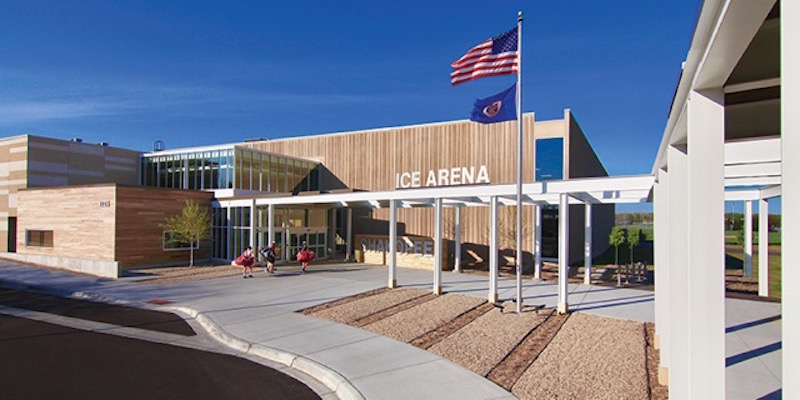 Modular by nature, buildings made with Fabcon precast panels can be reimagined down the road.
Modular by nature, buildings made with Fabcon precast panels can be reimagined down the road.
REIMAGINING PRECAST
While specs like r-values and weights certainly matter, it’s important to keep an eye on the bigger picture. What happens if you outgrow a property? Or need to consider a sale?
Fabcon buildings tend to have multifunctional appeal. What may originally have been built as a church can easily be reconfigured to be a showroom. This creates clear advantages at resale. If you’re a school and enrollment swells, or if you need to add another sheet at the ice arena, it’s possible to expand the footprint of a building or make adjustments to the original functionality with new doors and windows.
“We’re getting more and more calls to come in and revamp buildings we helped build 20 years ago,” said Fabcon’s Dave Stanton. “Called ‘remove and relocate’ projects, we can actually grow the building using a combination of new and existing panels. We’ll remove a section of wall, move it 100 feet down and install new panels to expand the footprint of the building.”
While the overall structure of a building is a consideration, aesthetics are a major focus when renovating. Fabcon’s commitment to Functional Aesthetics™ means you never have to compromise on performance or design.
“Steel form panels, of course, can be painted any color,” said Stanton. “But we can also incorporate pigment and colored aggregate that’s specific to the region it’s pulled from.”
Whether you’re building from scratch or repurposing an existing structure, Fabcon Precast brings value to community projects. Making a difference in your community has never been faster, more efficient or more customizable.
Related Stories
| Jan 7, 2011
How Building Teams Choose Roofing Systems
A roofing survey emailed to a representative sample of BD+C’s subscriber list revealed such key findings as: Respondents named metal (56%) and EPDM (50%) as the roofing systems they (or their firms) employed most in projects. Also, new construction and retrofits were fairly evenly split among respondents’ roofing-related projects over the last couple of years.
| Jan 4, 2011
Product of the Week: Zinc cladding helps border crossing blend in with surroundings
Zinc panels provide natural-looking, durable cladding for an administrative building and toll canopies at the newly expanded Queenstown Plaza U.S.-Canada border crossing at the Niagara Gorge. Toronto’s Moriyama & Teshima Architects chose the zinc alloy panels for their ability to blend with the structures’ scenic surroundings, as well as for their low maintenance and sustainable qualities. The structures incorporate 14,000 sf of Rheinzink’s branded Angled Standing Seam and Reveal Panels in graphite gray.
| Jan 4, 2011
Furniture Sustainability Standard - Approved by ANSI and Released for Distribution
BIFMA International recently announced formal American National Standards Institute (ANSI) approval and release of the ANSI/BIFMA e3-2010 Furniture Sustainability Standard. The e3 standard represents a structured methodology to evaluate the "sustainable" attributes of furniture products and constitutes the technical criteria of the level product certification program.
| Dec 7, 2010
Product of the Week: Petersen Aluminum’s column covers used in IBM’S new offices
IBM’s new offices at Dulles Station West in Herndon, Va., utilized Petersen’s PAC-1000 F Flush Series column covers. The columns are within the office’s Mobility Area, which is designed for a mobile workforce looking for quick in-and-out work space. The majority of workspaces in the office are unassigned and intended to be used on a temporary basis.
| Nov 2, 2010
A Look Back at the Navy’s First LEED Gold
Building Design+Construction takes a retrospective tour of a pace-setting LEED project.
| Nov 2, 2010
Wind Power, Windy City-style
Building-integrated wind turbines lend a futuristic look to a parking structure in Chicago’s trendy River North neighborhood. Only time will tell how much power the wind devices will generate.
| Oct 13, 2010
Test run on the HP Z200 SFF Good Value in a Small Package
Contributing Editor Jeff Yoders tests a new small-form factor, workstation-class desktop in Hewlett-Packard’s line that combines performance of its minitower machine with a smaller chassis and a lower price.
| Oct 13, 2010
Prefab Trailblazer
The $137 million, 12-story, 500,000-sf Miami Valley Hospital cardiac center, Dayton, Ohio, is the first major hospital project in the U.S. to have made extensive use of prefabricated components in its design and construction.
| Oct 13, 2010
Hospital tower gets modern makeover
The Wellmont Holston Valley Medical Center in Kingsport, Tenn., expanded its D unit, a project that includes a 243,443-sf addition with a 12-room operating suite, a 36-bed intensive care unit, and an enlarged emergency department.


